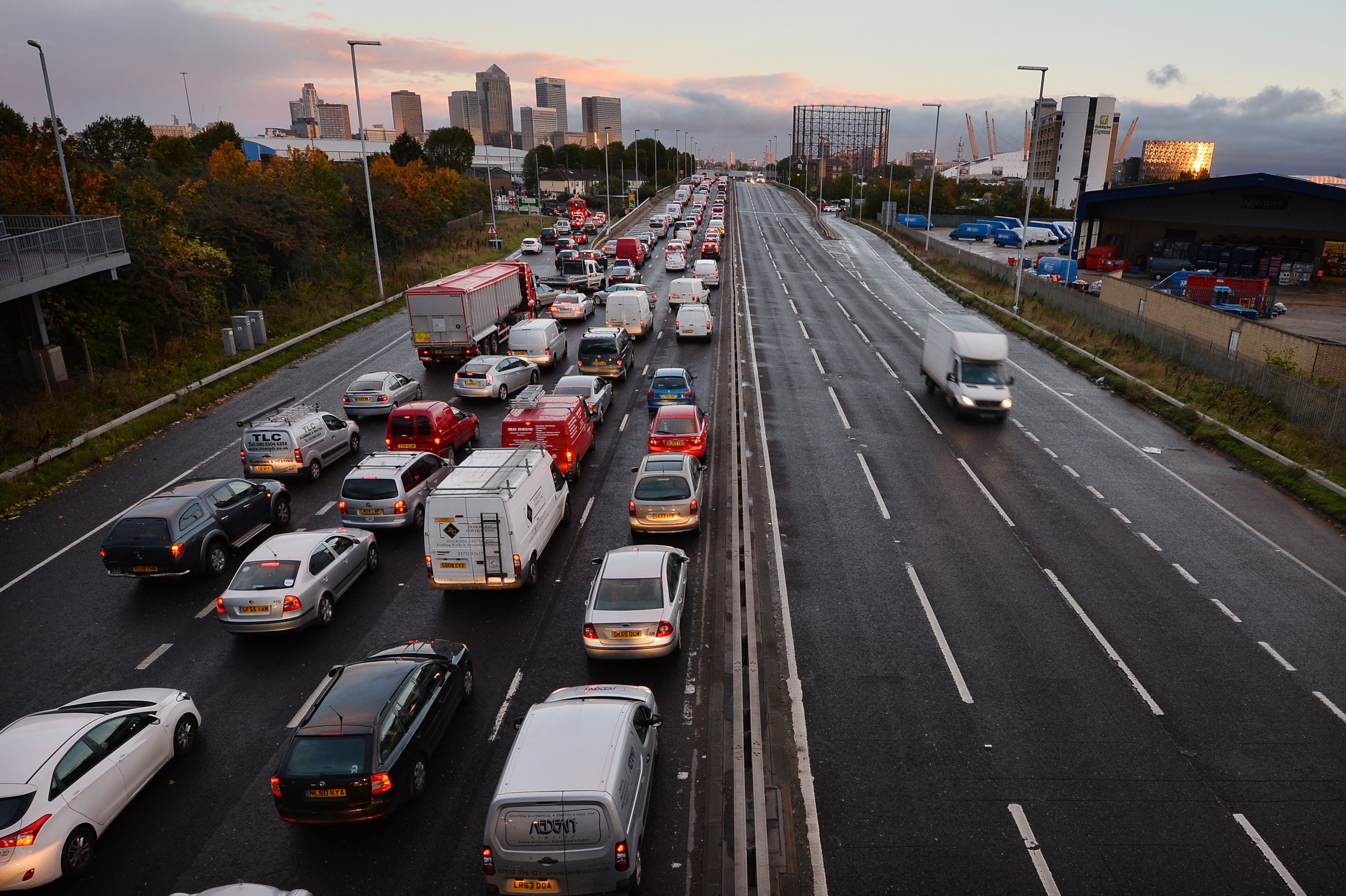Restrictions on new drivers could reduce crash rates, government told
Figures show one in five novice motorists are involved in an accident during their first year driving

Your support helps us to tell the story
From reproductive rights to climate change to Big Tech, The Independent is on the ground when the story is developing. Whether it's investigating the financials of Elon Musk's pro-Trump PAC or producing our latest documentary, 'The A Word', which shines a light on the American women fighting for reproductive rights, we know how important it is to parse out the facts from the messaging.
At such a critical moment in US history, we need reporters on the ground. Your donation allows us to keep sending journalists to speak to both sides of the story.
The Independent is trusted by Americans across the entire political spectrum. And unlike many other quality news outlets, we choose not to lock Americans out of our reporting and analysis with paywalls. We believe quality journalism should be available to everyone, paid for by those who can afford it.
Your support makes all the difference.Ministers have been urged to consider imposing limits on what new drivers can do on the road in an effort to cut the numbers of injuires and deaths.
Evidence suggests that graduate driving licenses (GDLs) can be effective in reducing crash rates and the Commons Transport Select Committee has recommended that research into the social and economic consequences of GDLs should resume.
GDLs, which are used in several countries including Sweden, Canada, the US and Australia, place restrictions on new drivers for a set period of time after they pass their test.
Restrictions include banning drivers from taking passengers under a certain age, curfews and lower alcohol limits.
An assessment of the introduction of GDLs in England by the Department for Transport (DfT) announced in July 2019 was halted in autumn 2020. This was partly due to the potential impact on young people’s access to employment and education.
GDLs were proposed at the time as figures revealed a fifth of novice motorists are involved in an accident during their first year behind the wheel.
In 2019, 88 drivers aged 17-24 died on Britain’s roads, with a further 1,234 seriously injured.
Officials are now focused on the consultancy TRL’s £2m ‘Driver2020’ study, which is exploring how technology and education can be used to reduce crashes. The committee called for an update on this study by July 2021.
While the committee stopped short of recommending the introduction of GDLs in England, it urged the DfT to work with the Northern Ireland Executive, which is expected to conduct a pilot scheme.
Tory MP Huw Merriman, who chairs the committee, said: “The committee balanced the current work of the department with the lack of evidence demonstrating the impact of GDL on the economic and social prospects of young people at this time, particularly in rural areas.”
He added that young people need to “be given the freedom to drive without further restrictions being imposed upon them” and "fully equipping learner drivers for driving in different situations" will be "essential" to boosting safety.
The committee has asked the DfT to resume its research on GDLs.
AA president Edmund King said his organisation had “always been supportive of elements of a graduated licensing system” but warned about the “social and economic implications for new drivers of a heavily restrictive system post-test”.
He said: "It is vitally important any changes that include post-test restrictions are thoroughly tested before being implemented.”

Join our commenting forum
Join thought-provoking conversations, follow other Independent readers and see their replies
Comments